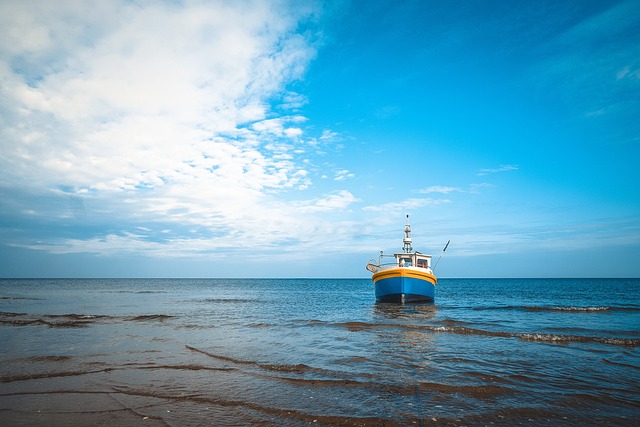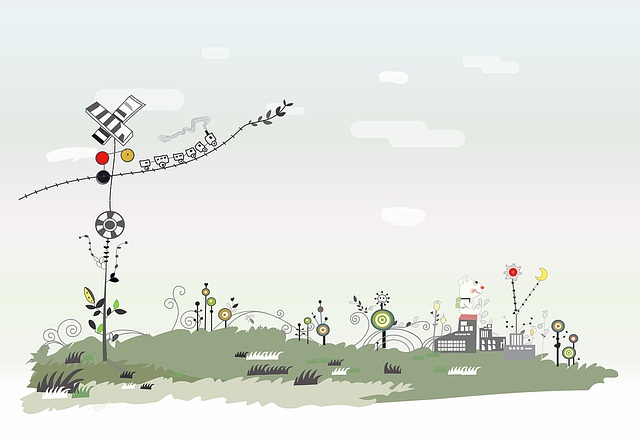What is meant by ‘Blue Economy’?
Blue economy can be defined in the simplest of manner as all activities that benefit humans by utilizing marine and ocean resources. The ‘Blue’ in ‘Blue Economy’ comes for the blue color of the seas, oceans and other water bodies.
Thus, blue economy can be defined as an economy in which the state formulates policies to use the marine and oceanic resources in a sustainable way. This includes extracting resources like fish, seafood, and others in order to produce food and energy. Or using ecosystem services provided by the oceans and seas. The main goal of blue economy is to prevent exploitation and misuse of these resources.
The ultimate objective of blue economy is to use the resources sustainably in a way that also conserves and protect the marine and freshwater bodies from degradation or pollution.
Also Check out, Impact of Marine Species Harvesting Industry on Environment
Marine Pollution – Its Risky Effects on Marine Life & Humans
Importance of Blue Economy:
Blue Economy provides for humans a way of life that can preserve their natural ways of living as well as the marine resources. Many people around the world rely heavily on fishing as their source of livelihood. Therefore, due to marine pollution, degradation of water resources as well as water scarcity, blue economy is a perfect fit.
It not only allows humans to continue with their traditional way of life- such as those living in coastal areas or fishing boat settlements; but also protects the coastal regions and the nearby resources. It prevents the marine resources from being used up too fast, to be wasted and aims to conserve them while protecting and helping the humans.
Blue economy may include methods like protection of mangrove forests on the coast of many regions that will help prevent natural disasters like tsunamis, cyclones and storm surges. At the same time the coastal community may not be uprooted and displaced due to these disasters.
Thus, its main goal is to adopt practices that not only mitigate negative impacts of climate change on coastal communities but also conserve the livelihood of people and prevent them from succumbing to poverty.
Benefits of Blue Economy:
As discussed above, blue economy seeks to conserve and maintain the proper use of marine resources. The benefits of doing so are endless. Some of these benefits are mentioned below:
- It helps preserves oceanic life.
- It helps in preserving Endangered animals and marine flora as well as other creatures. Such as the restoration of coral reefs, protection of endangered species like Horseshoe Crab.
Related:Coral Reef Destruction – Causes, Effects, and Solutions
Also What Is Coral Gardening And Can It Help Save Coral Reefs? - It prevents overharvesting and overexploitation.
- It builds coastal resilience.
- Improves the job opportunities and secures livelihood for people nearby.
- It also prevents natural disasters like tsunamis, cyclones/hurricanes etc.
- It also aims to reduce water pollution, and mitigate climate change by monitoring impacts generated by marine harvesting and resource use.
- It improves the marine ecosystem services- that include coastal protection, and other benefits not marketable or seen by humans. Such as Carbon Sequestration, blue tourism and oceanic biodiversity.
Drawbacks/Shortcomings of Blue Economy:
Even though blue economy, just like green economy is a great concept to be adopted and will definitely help climate change. However, Unlike green economy there are still shortcomings in the blue economy. This is because being a relatively new concept, having only been introduced in 2012, there has not been enough development. Some short comings are listed below:
- Lack of development in the marine sector on how blue economy can be officially and effectively adopted.
- Lack of job opportunities in the sector that would allow practical implementation.
- Lack of investment for ‘Blue Growth‘- a concept that encourages marine and water resources to flourish sustainably.
- Insufficient care and implementation for marine resources that have already been degraded due to current unsustainable economic trends.
CONCLUSION:
Blue economy is essentially a sustainable approach applied to marine resources and human activity utilizing its services. This includes activities like tourism, leisure activities like snorkeling, preventing pollution from these sources, fisheries and livelihood. Countries like Norway that have adopted blue economy since long ago have sufficiently seen better growth. It involves close cooperation between the business/industrial sector that invest in education and research to sustainably utilize these resources. Blue economy is thus crucial for our survival as well as protecting the planet from the effects of climate change.
Check out, China to Launch Five Year Plan To Protect Marine Environment
Marine and Coastal Ecosystem of Pakistan – Climatic Biome
Overfishing and Fish Stock Depletion – Causes, Effects, Solutions
We hope you liked this post! Please comment below if you have any suggestions, comments or feedbacks! We at #envpk love hearing from readers! Thanks.




